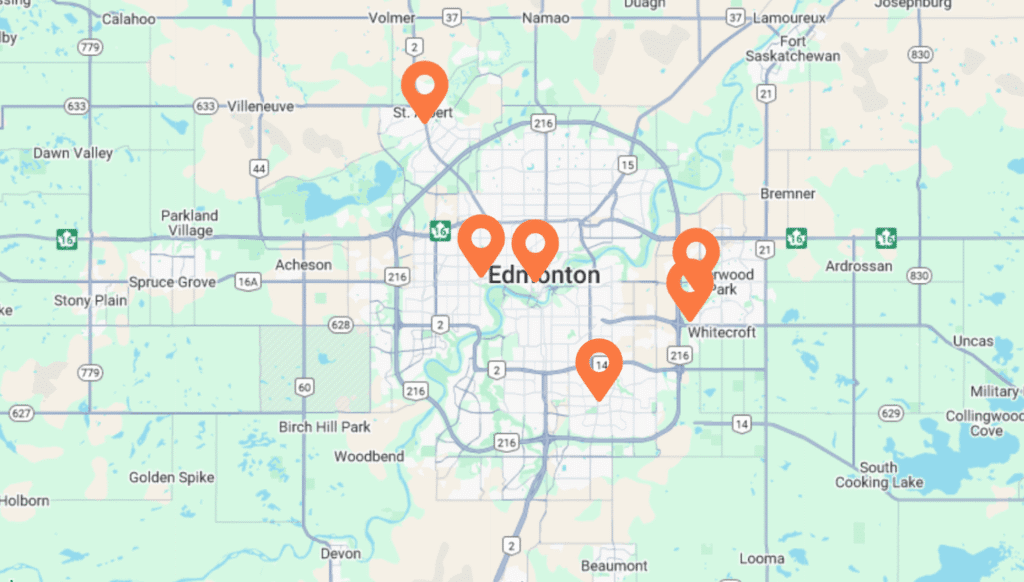
August 19, 2023
Compound Solutions for Feet!
Your feet take a pounding every day, literally. It’s essential to care for those aches, pains, nicks, scratches or infections as they arise but unfortunately, there is no one size fits all solution.
What Is Rhinitis?
The word rhinitis means “inflammation of the nose.” The nose produces a fluid called mucus. This fluid is normally thin and clear. It helps to keep dust, debris, and allergens out of the lungs. Mucus traps particles like dust and pollen, as well as bacteria and viruses.
Mucus usually drains down the back of your throat. You’re not aware of this most of the time because it is a small amount and is thin. When the nose becomes irritated, it may produce more mucus, which becomes thick and pale yellow. The mucus may begin to flow from the front of the nose as well as the back. Substances in the mucus may irritate the back of the throat and cause coughing. Postnasal drip occurs when more mucus drains down the back of the throat.
What Causes Rhinitis?
Irritants or allergens may cause rhinitis. The cells of your body react to these irritants or allergens by releasing histamine and other chemicals. Rhinitis is often a temporary condition. It clears up on its own after a few days for many people. In others, especially those with allergies, rhinitis can be a chronic problem lasting weeks or months while exposure continues.
What Are the Types of Rhinitis?
There are several types of rhinitis with the most common being:
What Are the Symptoms of Rhinitis?
Rhinitis symptoms include:
Cold or Allergy?
Sometimes it can be hard to tell the difference between allergies and the common cold. There are more than a hundred strains of cold viruses. Each tends to become widespread at certain times of the year, which is why you may mistake a cold for a seasonal allergy. Allergies occur at the same time every year and last as long as the allergen is in the air (usually 2-3 weeks per allergen). Allergies cause itching of the nose and eyes along with other nasal symptoms. Colds last about one week and have less itching of the nose and eyes.
What Are the Treatments for Allergic Rhinitis?
The first and best option is to avoid contact with substances that trigger your nasal allergies (allergens). When prevention is not enough, consider using over-the-counter or prescription medicines:
As compounders, we work with your physician to customize a formula that works best for you. We make many sterile nasal sprays and nasal washes for patients with chronic symptoms. Talk to one of our pharmacists about a compound solution for you.
From hormone balance, over gut health, to overall wellness. Stay informed with tips from our pharmacists at Dispensaries Ltd.

We’re proud to serve communities across the region and throughout Alberta with care and convenience.
Each of our stores is staffed by knowledgeable, compassionate professionals ready to help you with everything from compounding pharmacy services to supplement guidance and beyond.